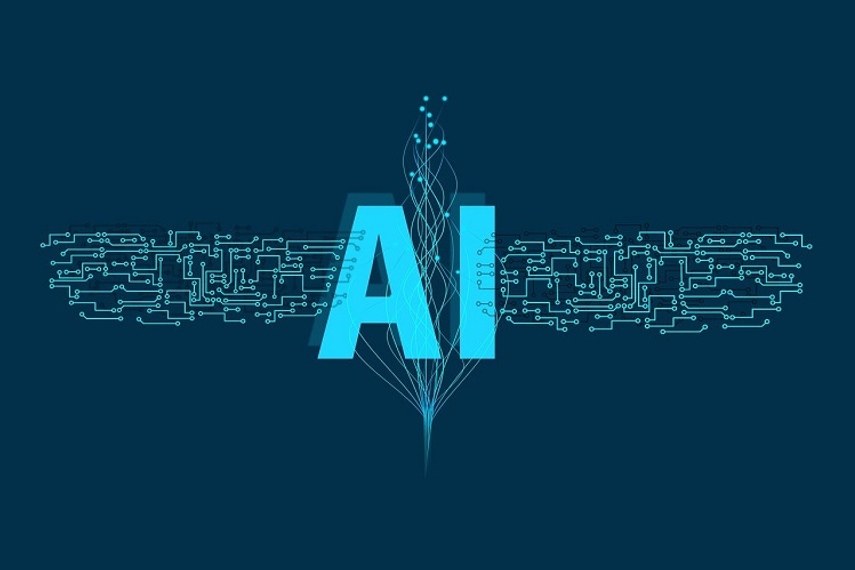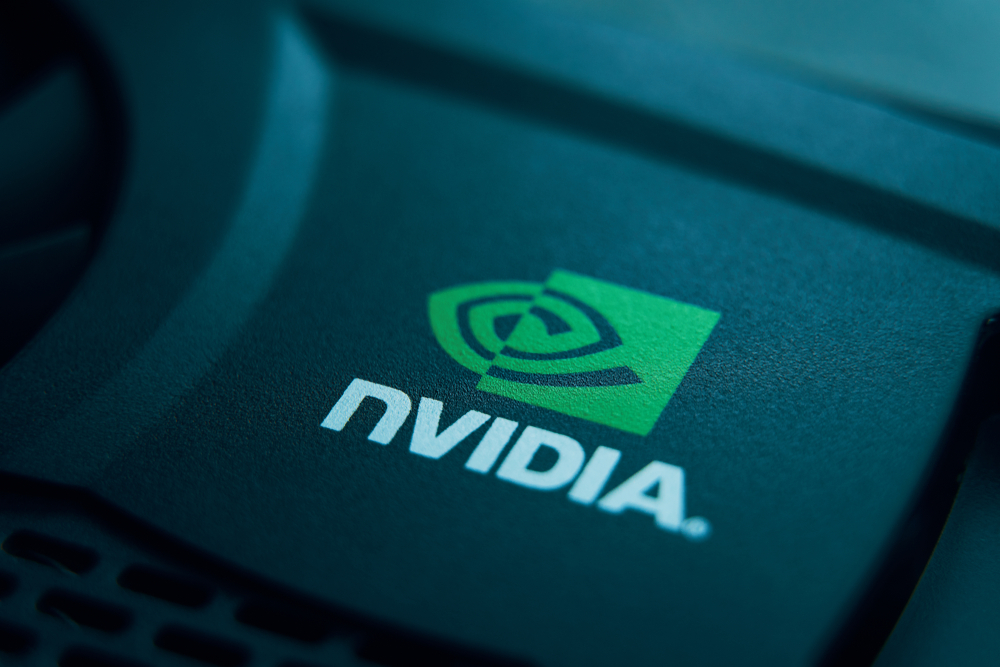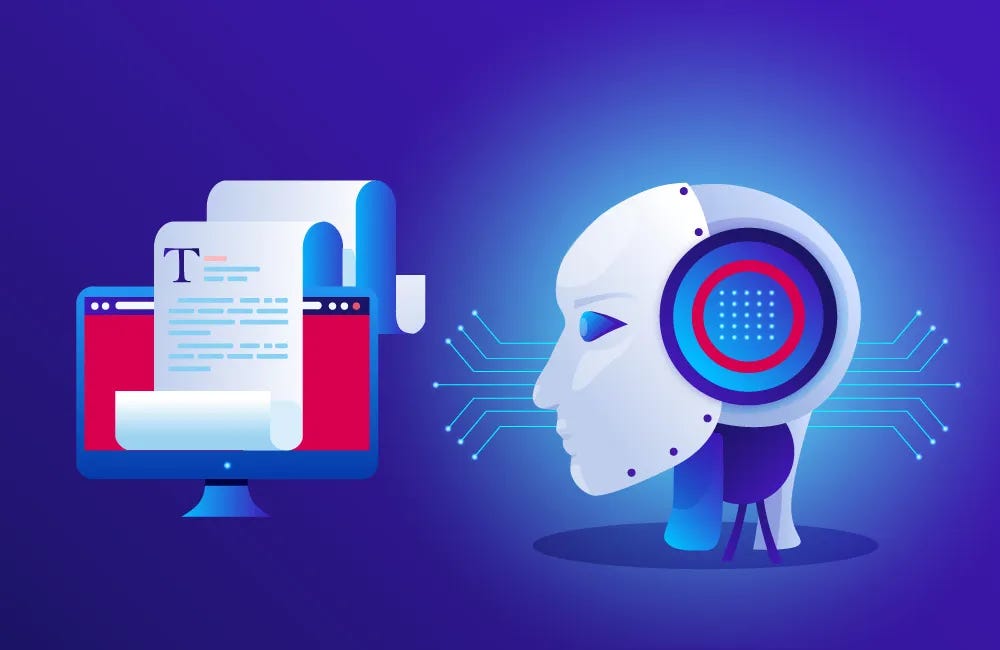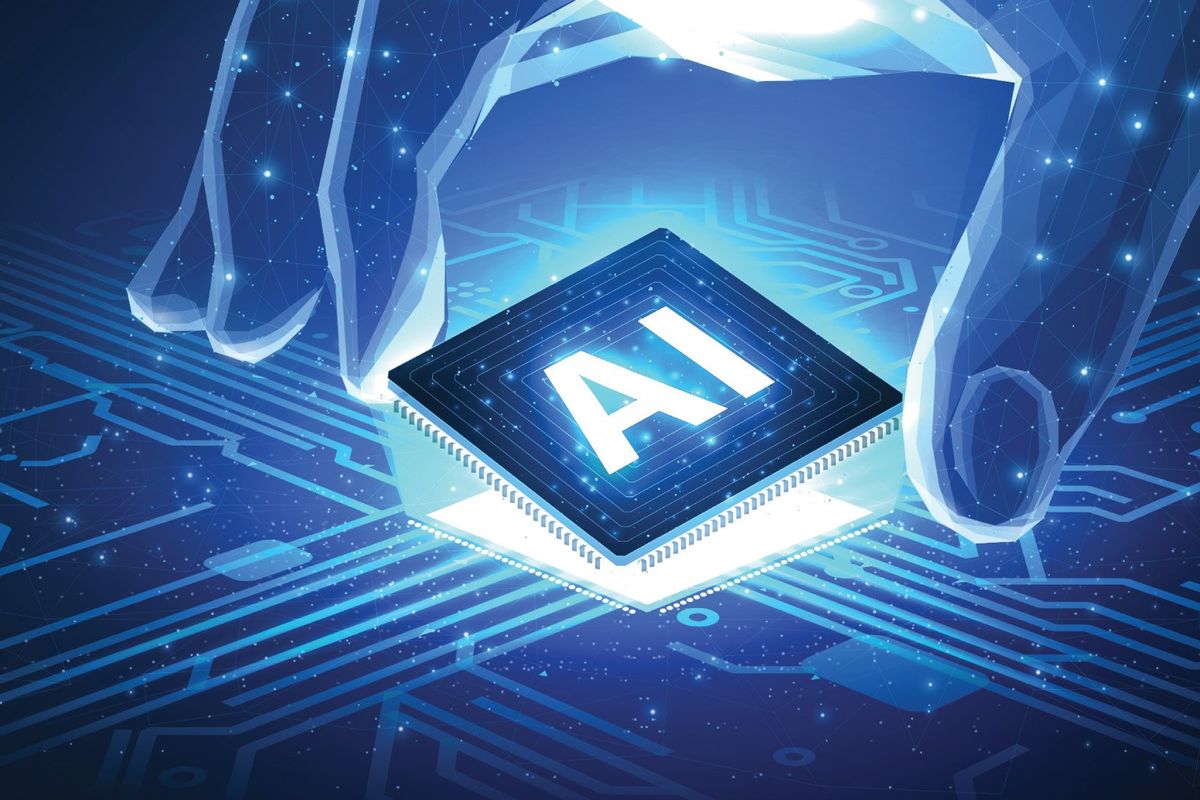I’ve been coding for over a decade, and I’ll be honest—when I first saw GitHub Copilot autocomplete an entire function I was writing, my heart skipped a beat. Not in a good way. The “is this the beginning of the end?” thought definitely crossed my mind. But after months of working alongside AI tools, I’ve come to realize this question isn’t as black and white as it first appears.
The Panic is Real (And Understandable)
Let’s acknowledge the elephant in the room: AI can write code. Really good code, sometimes. It can debug, refactor, and even architect solutions to complex problems. When you see an AI tool generate a working web scraper in seconds or solve a tricky algorithm problem you’ve been stuck on for hours, the existential dread is real.
But here’s the thing—I remember similar fears when Stack Overflow became popular. “Why would anyone hire developers when all the answers are already online?” we wondered. Yet here we are, with more developer jobs than ever.
What AI Actually Does Well
AI coding assistants excel at the mundane stuff that, frankly, most of us don’t love doing anyway:
Boilerplate code generation: Need a basic API endpoint? AI’s got you covered. Want a standard form validation? Done in seconds. It’s like having an incredibly fast junior developer who never gets tired of writing repetitive code.
Code completion and suggestions: This is where tools like Copilot really shine. They’re not replacing your thinking—they’re just finishing your sentences. You start typing a function, and they suggest the implementation. You’re still the architect; they’re just helping with the construction.
Quick debugging help: AI can spot syntax errors, suggest fixes for common bugs, and even help explain why your code isn’t working. It’s like having a patient mentor who’s available 24/7.
Documentation and comments: Let’s be real—most of us hate writing documentation. AI can generate decent comments and documentation, saving us from this necessary evil.
What AI Still Struggles With
Here’s where it gets interesting. Despite all the impressive demos, AI still falls short in several crucial areas:
Understanding business context: AI can write code, but it doesn’t understand why you’re building what you’re building. It doesn’t know that the client actually wants the button blue, not green, or that this feature needs to work differently in the European market due to GDPR.
System design and architecture: While AI can suggest patterns and frameworks, designing a scalable, maintainable system that serves real users over time requires human judgment, experience, and intuition.
Problem-solving and creativity: The most valuable part of programming isn’t syntax—it’s figuring out what problem to solve and how to solve it elegantly. AI can help with the “how,” but the “what” and “why” are still very much human domains.
Debugging complex issues: Sure, AI can catch obvious bugs, but when you’re dealing with a mysterious production issue that only happens on Tuesdays when the moon is full, you need human detective skills.
The Evolution of Our Role
I think we’re witnessing something similar to what happened with other professions throughout history. Accountants didn’t disappear when calculators and spreadsheets arrived—they evolved to focus on analysis, strategy, and advisory work. The same is happening to us.
Programming is becoming less about memorizing syntax and more about:
- Understanding user needs and translating them into technical requirements
- Making architectural decisions that balance performance, maintainability, and scalability
- Collaborating with stakeholders to define what success looks like
- Mentoring AI tools (yes, that’s a thing now) to produce better code
- Ensuring code quality, security, and ethical considerations
My Daily Reality with AI
Here’s what a typical day looks like for me now: I use AI to generate boilerplate code, suggest variable names, and help with documentation. But I’m still the one deciding what to build, how to structure the application, and whether the AI’s suggestions make sense in the broader context.
Sometimes the AI suggests something brilliant that I wouldn’t have thought of. Other times, it produces code that technically works but is completely wrong for the situation. The key is developing the judgment to know the difference.
The Skills That Will Matter
If you’re a programmer (or aspiring to be one), here’s what I think you should focus on:
Problem-solving and critical thinking: These are becoming more valuable, not less. AI can help implement solutions, but identifying the right problems to solve is still human work.
System design and architecture: Understanding how to build scalable, maintainable systems is a skill that AI can assist with but not replace.
Communication and collaboration: As AI handles more routine coding tasks, the ability to work with stakeholders, understand requirements, and communicate technical concepts becomes more important.
AI literacy: Learning to work effectively with AI tools is becoming as important as learning a new programming language. It’s not about being replaced by AI—it’s about being more effective with AI.
Looking Forward
Will AI replace programmers? I don’t think so. Will it change what it means to be a programmer? Absolutely.
We’re moving toward a future where the bar for entry into programming might actually be lower (thanks to AI assistance), but the ceiling for what’s possible is much higher. The programmers who thrive will be those who can leverage AI tools to focus on higher-level thinking, creative problem-solving, and building solutions that truly matter to users.
The key is to embrace this change rather than fear it. AI isn’t your replacement—it’s your new pair programming partner that never needs coffee breaks and doesn’t judge you for googling basic syntax.
What’s your experience with AI coding tools? Are you finding them helpful, threatening, or somewhere in between? I’d love to hear your thoughts in the comments below.

With over 6 years of experience in the blogging world, I specialize in crafting engaging, informative, and SEO-optimized content across various niches including tech, digital trends, and online monetization. I thrive on staying ahead of industry trends, experimenting with new content strategies, and helping others grow their digital presence.



